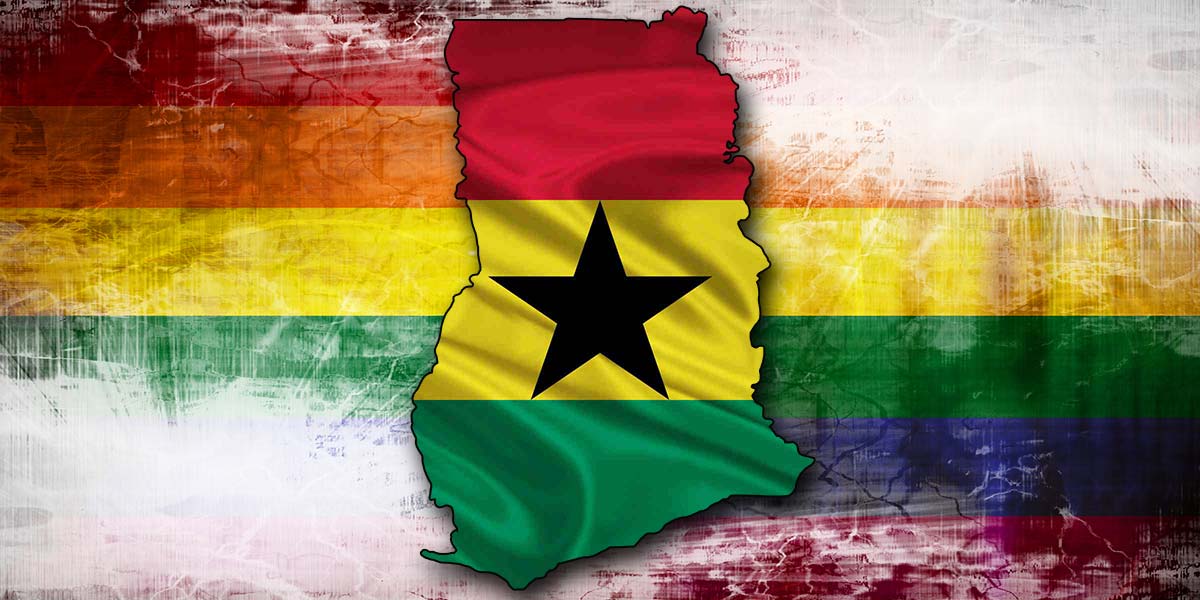Ghana: Supreme Court Hears Challenges to Anti-LGBTQ+ Bill

The Supreme Court of Ghana began hearing two petitions challenging the Human Sexual Rights and Family Values Bill (Anti-LGBTQ+ Bill) that was passed by the country’s Parliament on 28 February.
The petitioners, media personality Richard Sky and University of Cape Coast researcher Dr. Amanda Odoi, who are both lawyers, each presented their cases before a five-member panel.
They assert that the anti-LGBTQ bill is unconstitutional and violates fundamental human rights and freedom and should be declared null and void.
They further claim that Parliament lacked the requisite quorum to pass the Anti-LGBTQ+ Bill and that private members’ bills, like the Anti-LGBTQ+ Bill, cannot impose costs on public funds, which it does.
According to Rightify Ghana, Chief Justice Gertrude Torkornoo accepted Sky’s request to submit new amended legal papers and supporting documents by 17 May.
The Speaker of Parliament’s legal team was also ordered to submit new supplementary affidavits, with the court agreeing with Dr. Odoi’s complaint that some of the language used in the Speaker’s legal documents was “inappropriate” and must be reviewed.
Chief Justice Torkornoo adjourned the hearing without setting a new date to resume further proceedings.
The filing of the petitions led President Nana Akufo-Addo to refuse to accept the bill when it was submitted to him by the Clerk of Parliament for his signature. The President said he would not consider the legislation until such time as the court made a determination on the matter, sparking anger from MPs.
Activists are pressuring the World Bank and the International Monetary Fund to review their funding of Ghana should the Anti-LGBTQ+ Bill become law.
Ghana’s own Ministry of Finance has warned that the country stands to lose $3.8 billion in World Bank financing as well as a $3 billion International Monetary Fund loan package over the draconian legislation.
If signed into law, the Anti-LGBTQ+ Bill will jail people for up to three years for engaging in same-sex intimacy, for providing or undergoing gender affirmation surgery, or simply for identifying as lesbian, gay, transgender, transsexual, queer, pansexual, non-binary, or as an ally.
Anyone found guilty of promoting and advocating LGBTQ+ “activities” in any medium faces up to 10 years in prison, while landlords can be jailed for up to six years if they rent their premises to an LGBTQ+ person.
Leave a Reply